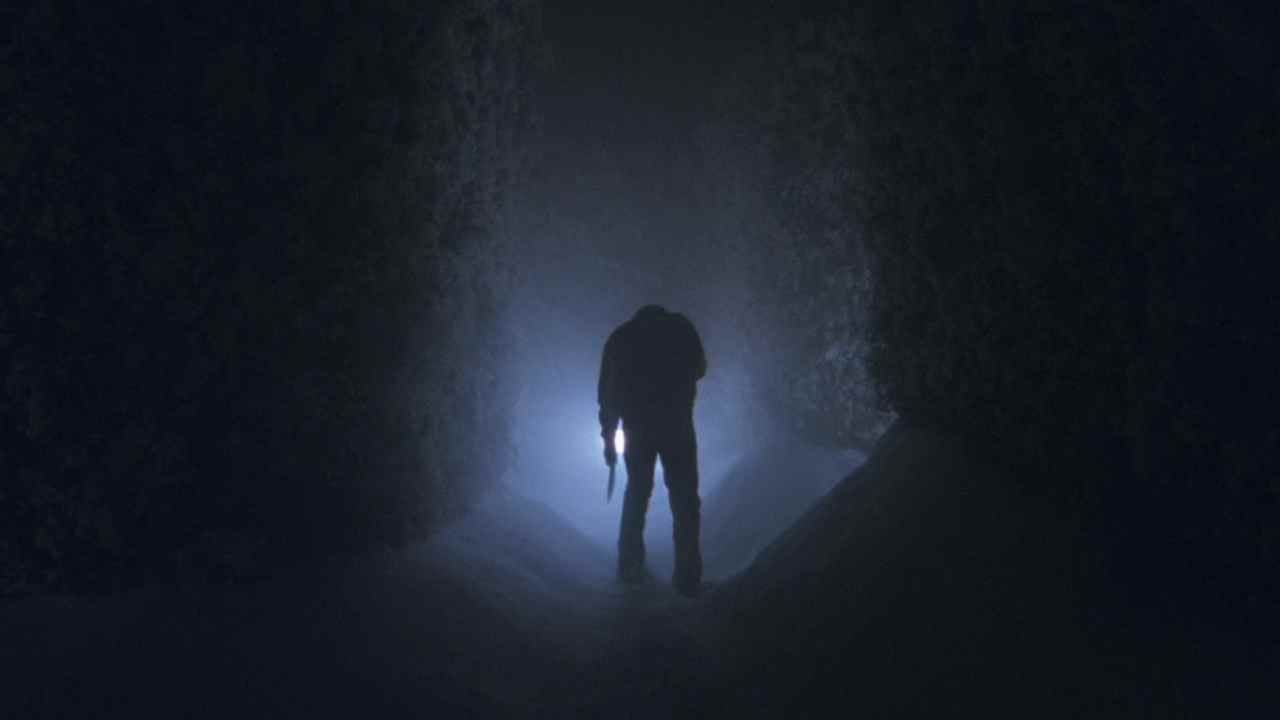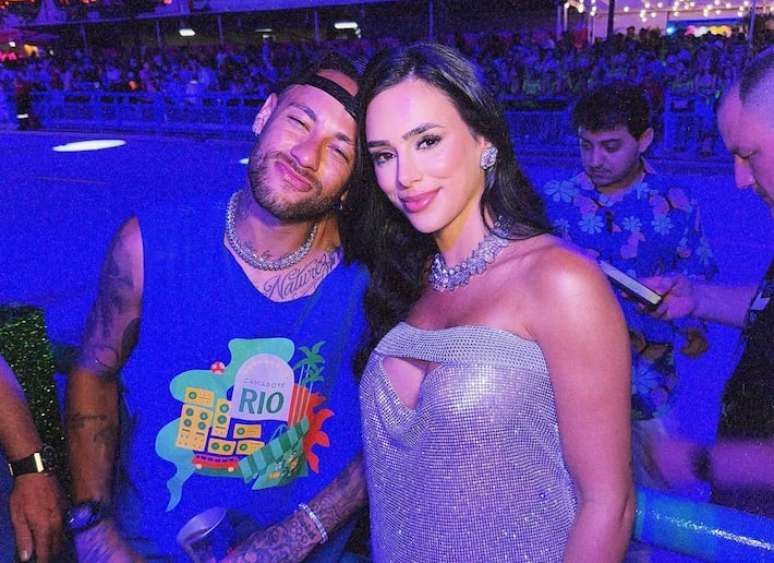The singer had been accused of appropriating the melodic structure of “Aquele Amor Tão Grande”, created by Erli Cabral
The court of São Paulo contradicted an expert opinion and acquitted singer Roberto Carlos of plagiarism in the song “Traumas” (1971), published in collaboration with Erasmo Carlos (1941-2022). The information was released on Tuesday (20/8) by columnist Rogério Gentile.
The accusation of plagiarism was registered by Professor Erli Cabral Ribeiro Antunes, author of the song “Aquele Amor Tão Grande”. In the trial, the educator claimed to have sent the recording and the score to a musician Roberto Carlos along with a letter addressed to the singer. Her composition was shared months before the singer’s release.
Furthermore, the professor stated that “Traumas” “has identity” with his composition, which would not be “a simple coincidence”. The forensic expertise even confirmed the existence of partial plagiarism last year, suggesting similar tones.
Experts Cesar Peduti Filho and Eliane Pelegrini said the compositions have “identical sections” in their musical structures, although there are “small changes” in rhythm and tone between them. “Comparing the measures of both songs, the central idea of ’Aquele Amor Tão Grande’ is played like the chorus of ‘Traumas.’ There is no doubt about the partial reproduction of the work. The plagiarism has been established,” they said.
The judge did not agree
However, Judge Christopher Alexander Roisin did not accept the expert opinion because he considered the conclusions “insufficient to characterize” musical plagiarism. The judge emphasized that he was the son of a pianist and a childhood friend of a conductor, expressing his knowledge in the matter.
“Both works exploit melodic structures inserted in the musical style of the time in which they were conceived, so it is clear that the songs will have similar melodic intervals, but the differentiations to adapt to the text, rhythm and harmony are relevant, since they are what allow us to distinguish works of the same artistic segment, in other words, as they are similar, there is no demonstration of originality.”
The singer’s defense
Roberto Carlos’ defense also stated that the accusation was “fantasy” and that the narrative created by the professor was “deeply offensive to his honor”, since “his career has been guided by the extreme correctness of procedures, including respect for copyright”. Furthermore, it recalled that the artist has launched dozens of young composers over the decades.
“Why are you misappropriating the author’s alleged composition? [do processo?]”, questions the defense, emphasizing that the expert report presented superficial conclusions, “revealing the technical unpreparedness of the professionals”. The expert report was also called “music therapist” because of his training in music therapy.
The teacher, who requested compensation for moral and material damages, must appeal the decision.
Source: Terra
Earl Johnson is a music writer at Gossipify, known for his in-depth analysis and unique perspective on the industry. A graduate of USC with a degree in Music, he brings years of experience and passion to his writing. He covers the latest releases and trends, always on the lookout for the next big thing in music.





